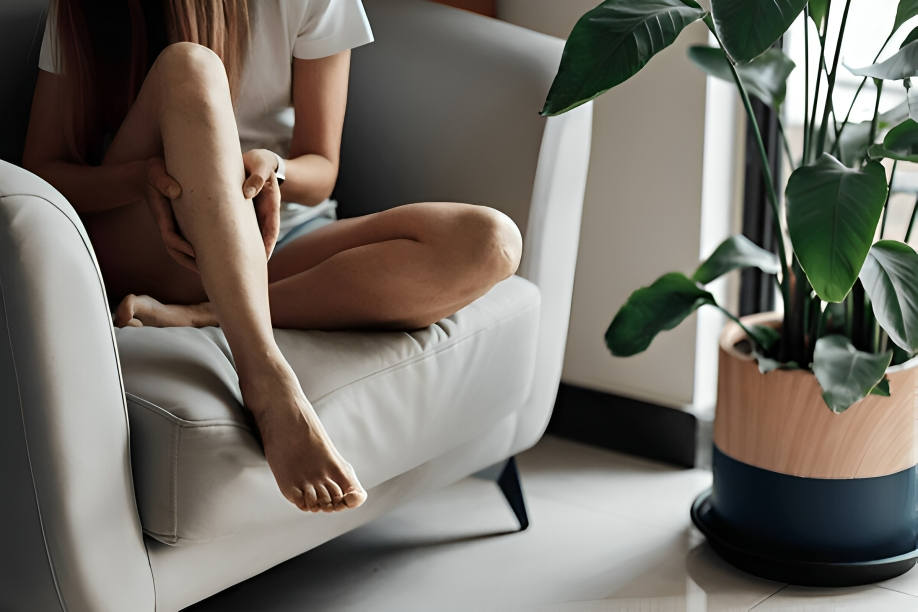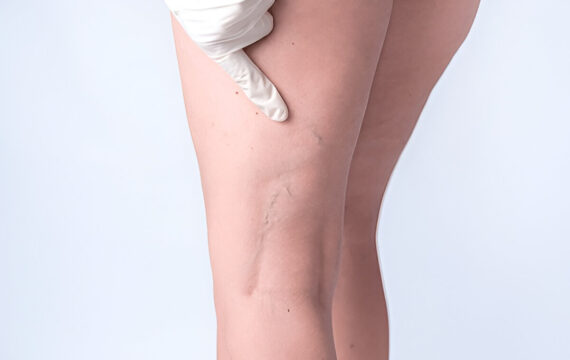Sclerotherapy is a common treatment for varicose and spider veins, where a medical professional injects a solution directly into the affected vein. This solution irritates the vein’s lining, causing it to collapse, stick together, and eventually fade. But, while sclerotherapy is generally safe and effective, many prospective patients often ask a key question: How painful is sclerotherapy? This article delves into what you can expect during and after the procedure, what factors can influence the level of discomfort, and how to manage any pain effectively.
Understanding Sclerotherapy
Sclerotherapy is a minimally invasive procedure often used to treat both spider veins and varicose veins. A trained healthcare provider injects a sclerosing solution into the affected vein, which causes the vein walls to swell, stick together, and eventually become scar tissue that fades over time. The entire process usually takes about 15 to 45 minutes, depending on the extent of the veins being treated.
What Does Sclerotherapy Feel Like?
Many patients describe sclerotherapy as causing minimal discomfort, often comparing it to the feeling of a slight pinch or mild burning. However, individual experiences can vary depending on a variety of factors, including the size of the veins, the number of veins treated, the type of solution used, and the patient’s personal pain tolerance.
The injection itself may feel like a brief sting or prick, and a mild burning sensation or cramping may follow as the solution works on the vein. In general, the pain is often short-lived and manageable, but larger veins or more extensive treatments may cause more noticeable discomfort.
Factors That Affect Pain Levels in Sclerotherapy
- Size and Type of Vein: Smaller spider veins generally cause less discomfort than larger varicose veins. Larger veins may require a stronger sclerosing agent, which can cause more burning or cramping sensations.
- Type of Sclerosing Agent: Different solutions are used in sclerotherapy, including hypertonic saline, polidocanol, and sodium tetradecyl sulfate. While all are effective, some may cause more discomfort than others.
- Number of Injections: The more injections needed, the longer the procedure and the higher the potential for cumulative discomfort. Patients with more extensive vein issues may require several treatments.
- Pain Tolerance: Every individual has a different pain threshold. Those with a higher pain tolerance often report minimal discomfort, while those with a lower threshold may feel more sensation during the procedure.
- Provider’s Technique: An experienced provider can make a difference in the patient’s comfort. Choosing a qualified professional can minimize unnecessary discomfort.
Pain After Sclerotherapy: What to Expect
After the procedure, some patients experience mild soreness, tenderness, or bruising around the treated area. It’s also common to experience a sensation of “tightness” in the treated veins. These symptoms are generally mild and improve within a few days to weeks. For most people, any lingering discomfort is manageable with over-the-counter pain relievers like acetaminophen or ibuprofen.
Managing Pain and Discomfort After Sclerotherapy
While sclerotherapy is generally well-tolerated, there are steps you can take to minimize post-procedure discomfort:
- Wear Compression Stockings: Your provider may recommend wearing compression stockings after treatment. These help improve circulation, reduce swelling, and speed up the healing process.
- Avoid Prolonged Sitting or Standing: Staying active after sclerotherapy can improve blood flow and reduce the risk of complications. However, avoid strenuous activities or heavy lifting for a few days.
- Apply Ice Packs: If you experience bruising or swelling, applying ice packs intermittently for short periods can help reduce inflammation.
- Take Over-the-Counter Pain Relievers: For those experiencing mild discomfort, acetaminophen or ibuprofen can help relieve soreness. However, avoid taking aspirin immediately after the procedure, as it can increase the risk of bruising.
- Follow Your Provider’s Instructions: Adhering to any aftercare guidelines provided by your doctor will help optimize results and minimize discomfort.
How Painful is Sclerotherapy Compared to Other Vein Treatments?
When compared to other vein treatments, sclerotherapy is generally considered to cause less discomfort. Laser treatments, especially on darker, thicker veins, can cause more pain than sclerotherapy, as they involve intense heat that may be uncomfortable for some patients. Additionally, surgical options for severe varicose veins, like vein stripping or endovenous laser therapy, typically require more downtime and come with more significant post-operative discomfort.
Conclusion
Sclerotherapy is an effective and relatively low-pain treatment option for those seeking to eliminate spider or varicose veins. While some minor discomfort can occur during and after the procedure, most patients find the experience manageable. With the right preparation and care, you can navigate the process with minimal pain, paving the way toward clearer, healthier skin. If you’re concerned about potential discomfort, speak with a qualified healthcare provider to discuss your options for pain management and what to expect throughout your treatment journey.




